Social media can get … a lot sometimes.
Despite the connectivity it offers, social media can ironically cause a flurry of negative feelings, including isolation, anxiety, and depression. Especially when you’re exposed to content of:
- People’s life “highlights”, e.g., travel, job promotions, wedding pictures, and other happy events (exacerbates FOMO or the fear of missing out)
- All the horror, hate, and violence that’s going on in the world (perpetuates feelings of helplessness)
If “drained, distressed, and distracted” is the perfect description of your post-social-media state of mind, here’s a reality check: it’s time you stepped back. Here’s how you could do so (successfully).
#1: Get specific with your goal
“Step back” can — and should — mean different things to different people.
So, it’s up to you to define what that should look like for you, be it limiting the number of hours you use social media (e.g., "I will only use social media for an hour daily.”) or the specific apps you can use (e.g., “I will abstain from using Facebook because that's where I see the most problematic content from my family.") or something else altogether.
Tip: identify the specific circumstances where you switch from enjoying yourself to experiencing a negative feeling when using social media.
It'll help you gain insights into what your limits should be.
At this stage, you should also choose a time length, after which you'll re-evaluate your relationship with social media (we discuss this in step #4).
#2: Recognize your triggers
So, how can you achieve your version of “stepping back”?
Start with recognizing your triggers for when you engage on social media. Do you find yourself mindlessly scrolling in certain situations — e.g., as soon as you wake up, in your morning Lyft ride to work, or during social meetups?
Once you’ve figured out your triggers, you can plan for how you could spend your time in different ways. For example, instead of thumbing through your phone:
- As soon as you wake up: Practice meditation or head out for a quick workout session instead.
- In your Lyft ride: Tune in to educational podcasts, have a conversation with the driver, or simply stay present and pay attention to the sights passing by instead.
- During social meetups: Make an effort to connect with people in real life instead. After all, research shows that stronger social connections can positively impact your mental, emotional, and physical well-being (paving the road for a longer and healthier life!)
#3: Limit or delete apps
OK, but what if you’ve found ways to circumvent your triggers — but you're still on social media more than you should? That's when you can consider "hard-line" strategies, such as:
- Installing social media blocking apps: For the uninitiated, app blockers typically allow you to schedule specific times or time limits to lock yourself out of specific apps. Great examples include the Freedom app or Cold Turkey.
- Delete the offending social media app(s): You know what they say. Out of sight, out of mind. Just hover over the app(s) and press “uninstall”. If you’re doing this, don’t forget to log out of your browser version of the sites, plus clear out your username + password details, too. This would force you to go through the annoying log-in process, giving you a pocket of much-needed time to reconsider your action.
- Go for a “dumb phone”: The most extreme of strategies: swap out your smartphone for a "dumb" one instead. FYI, a "dumb phone" is a basic mobile phone that offers limited functionality which is typically restricted to making and receiving calls and texts. I.e., accessing social media apps on it is downright impossible. Now, a fair warning. Only implement this strategy if this makes sense for you. For example, if you need to attend to work emails on the go, a dumb phone isn’t the best idea.
#4: Re-evaluate your relationship with social media
When it’s time to re-evaluate your relationship with social media, be honest with yourself.
How did you feel during the break? If you genuinely enjoyed it, you may decide to stay off it. And if you think you could handle more social media usage, make a plan to ease your way back into it — but, of course, once again, with clearly defined limits that make sense for you.
Ultimately, remember that social media is supposed to be fun. A source of entertainment and distraction. So, if it’s anything but, don’t be afraid to ditch it.




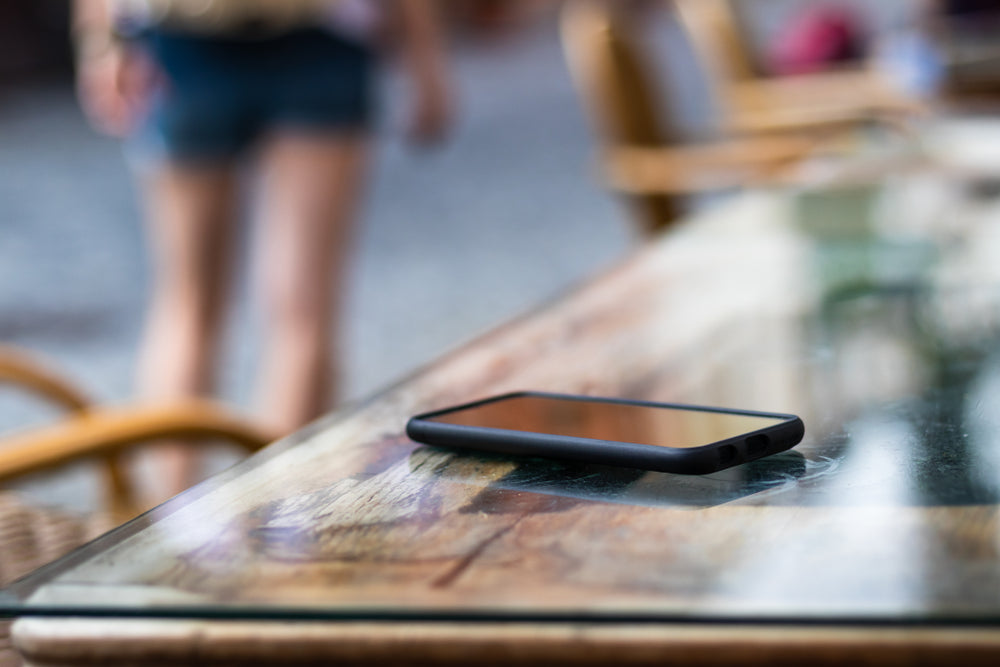





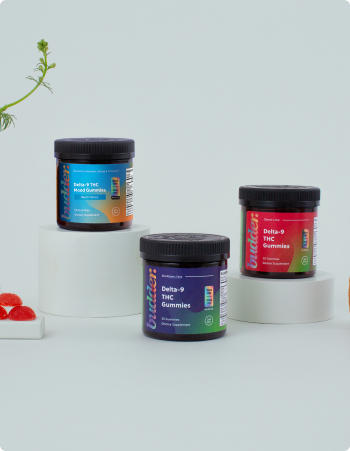













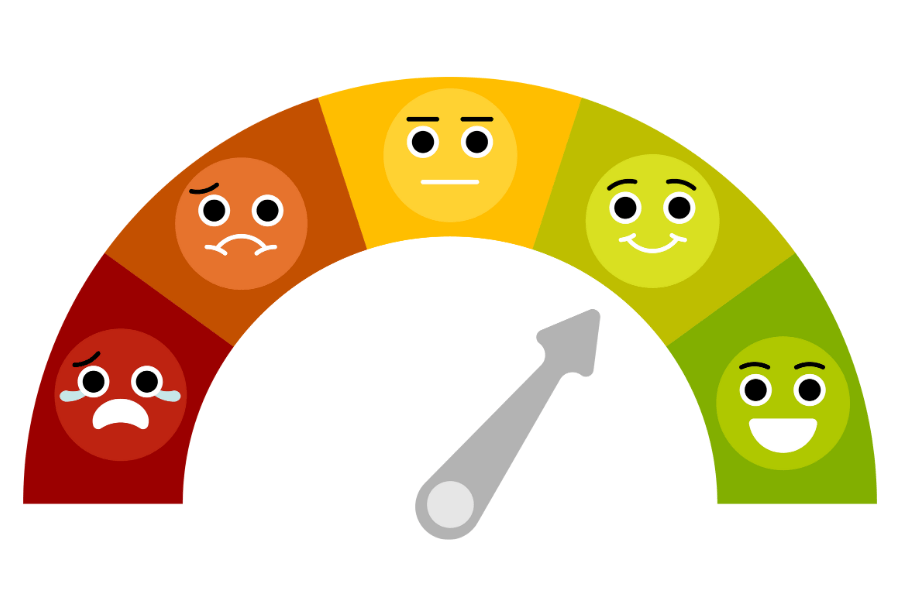

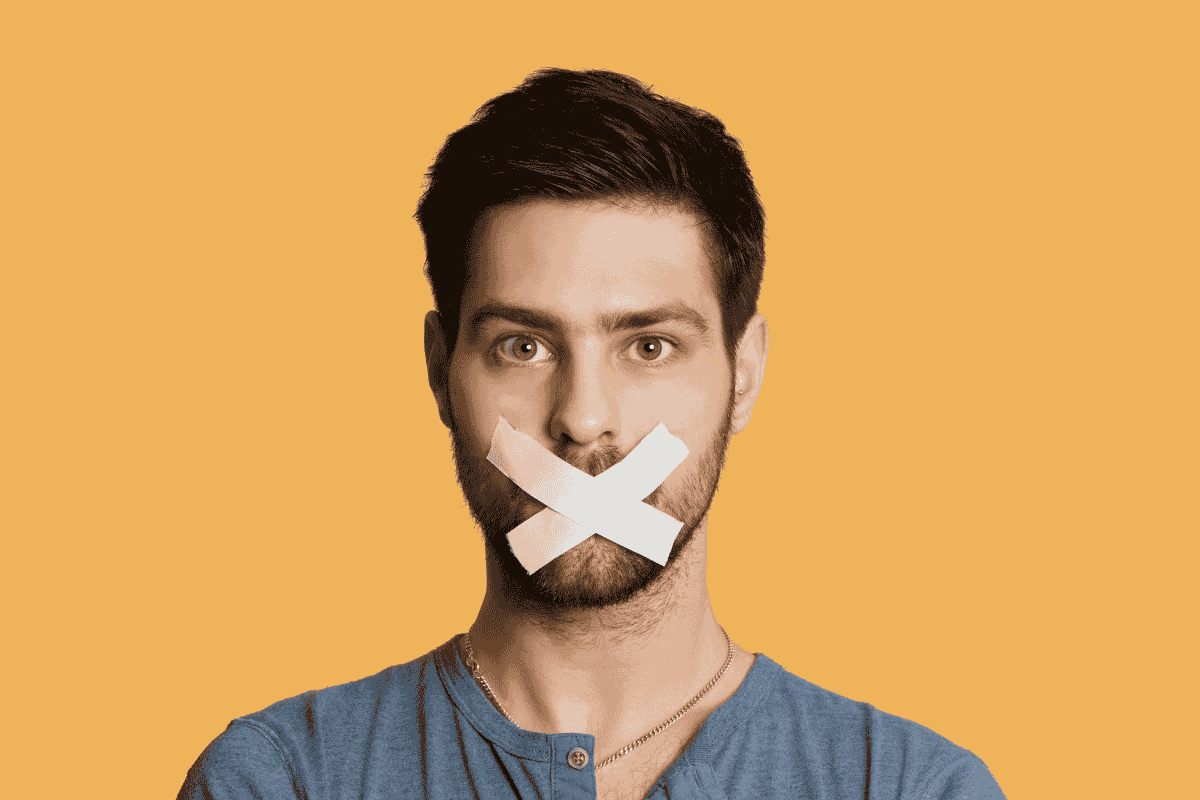


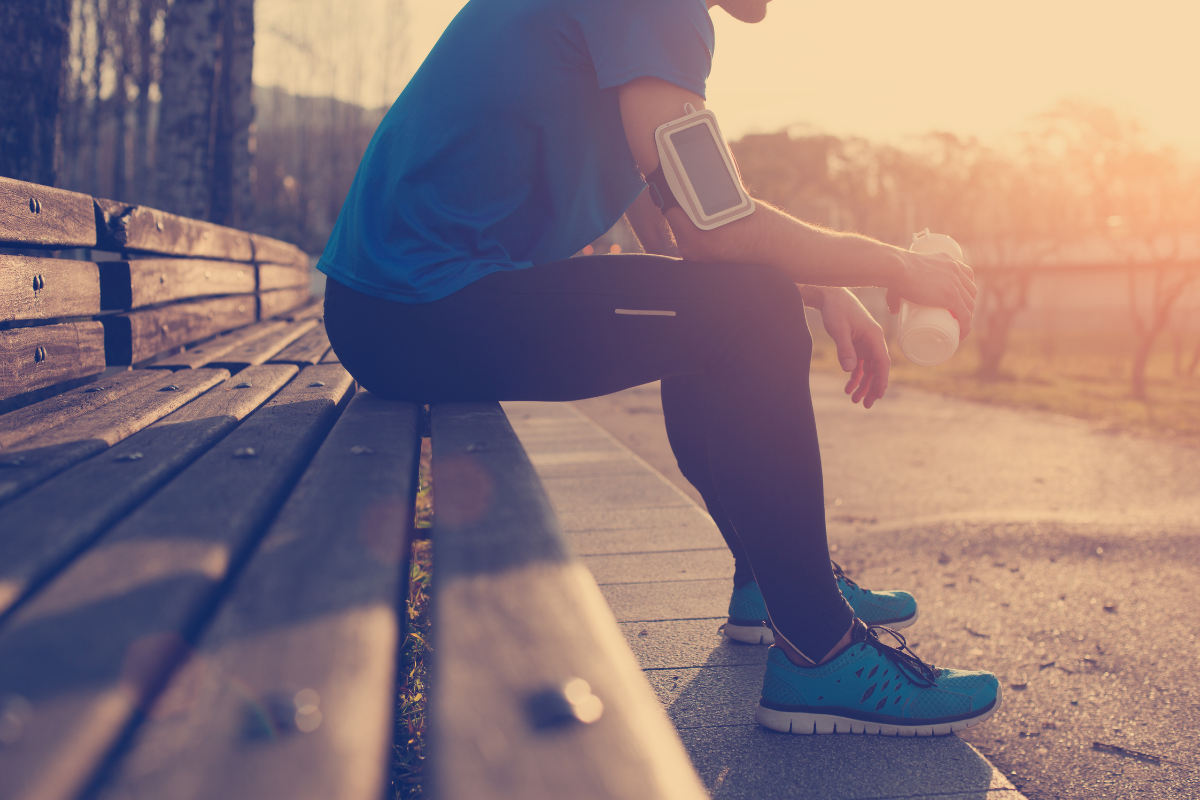




























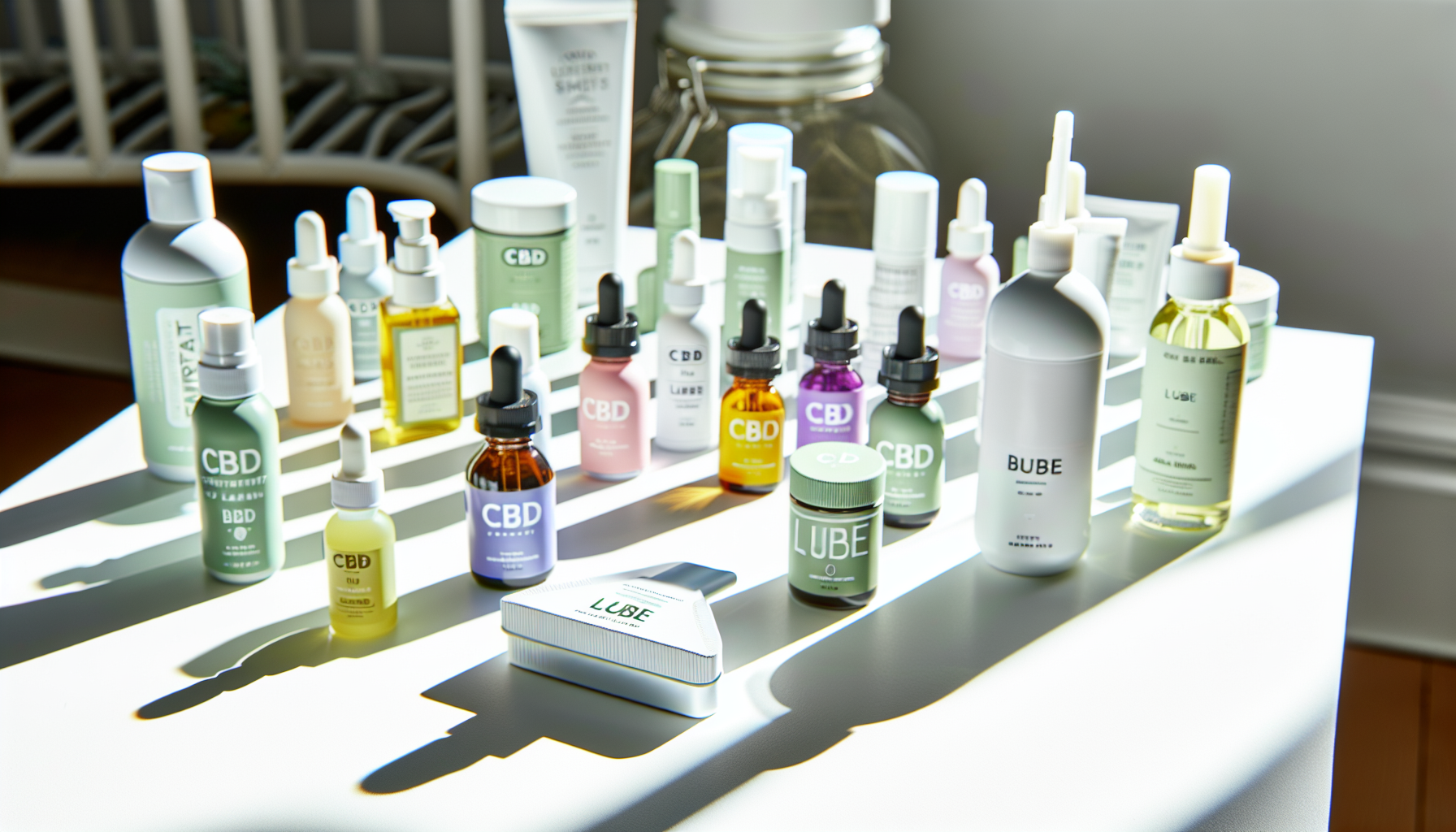
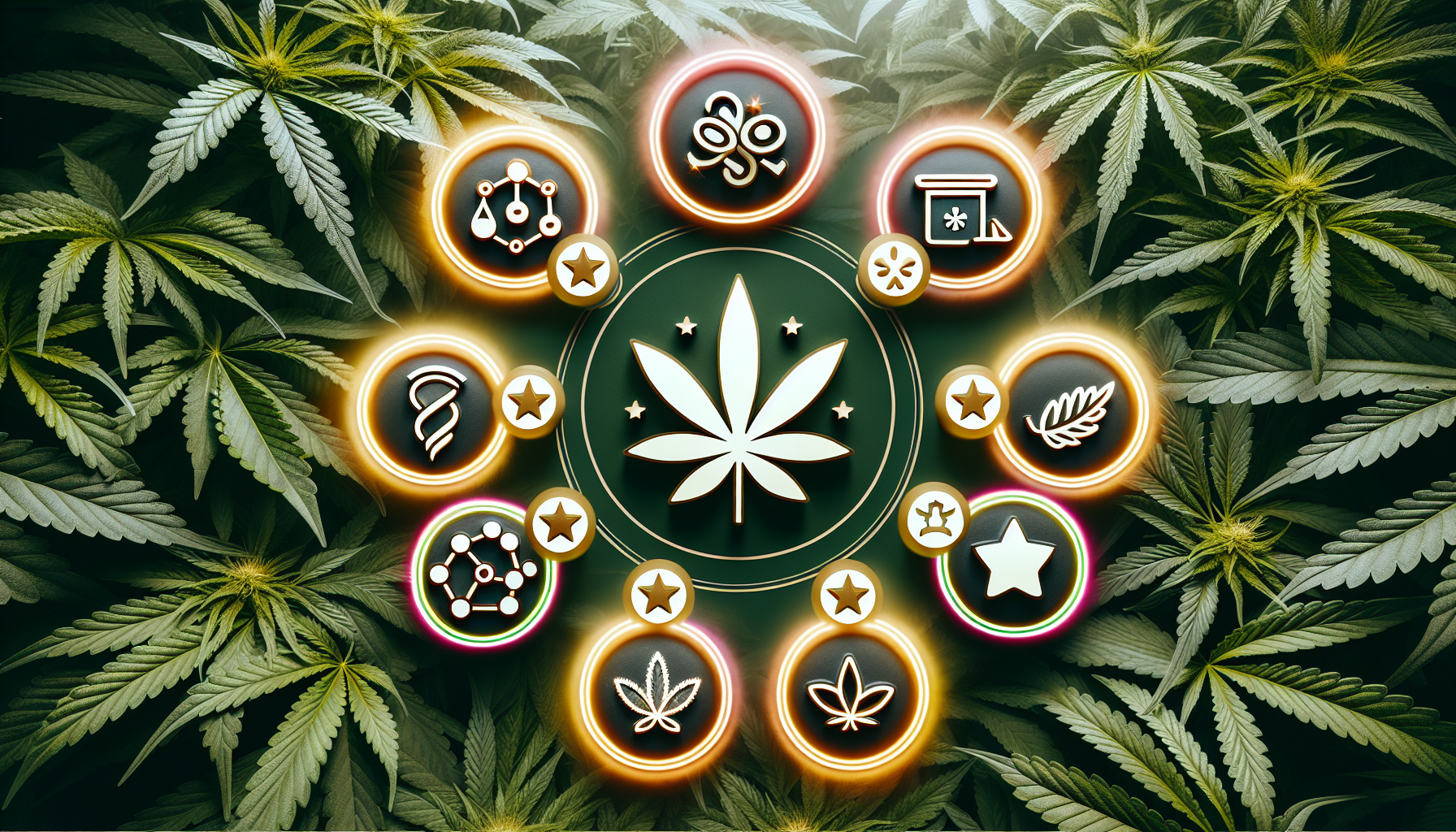
Join in on the Conversation
Your email address will not be published. Once your comment is approved, it will be published.